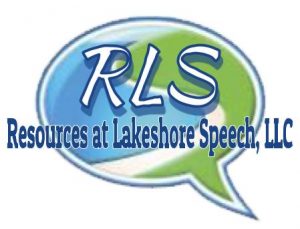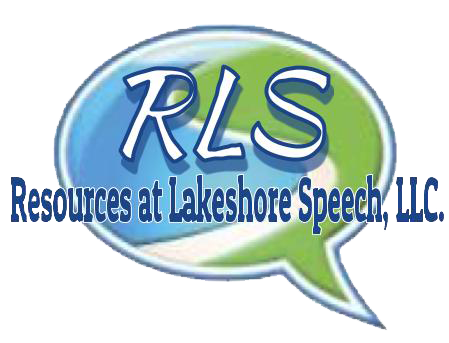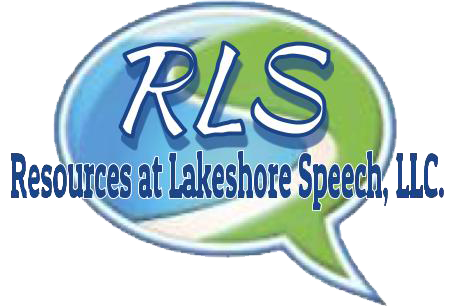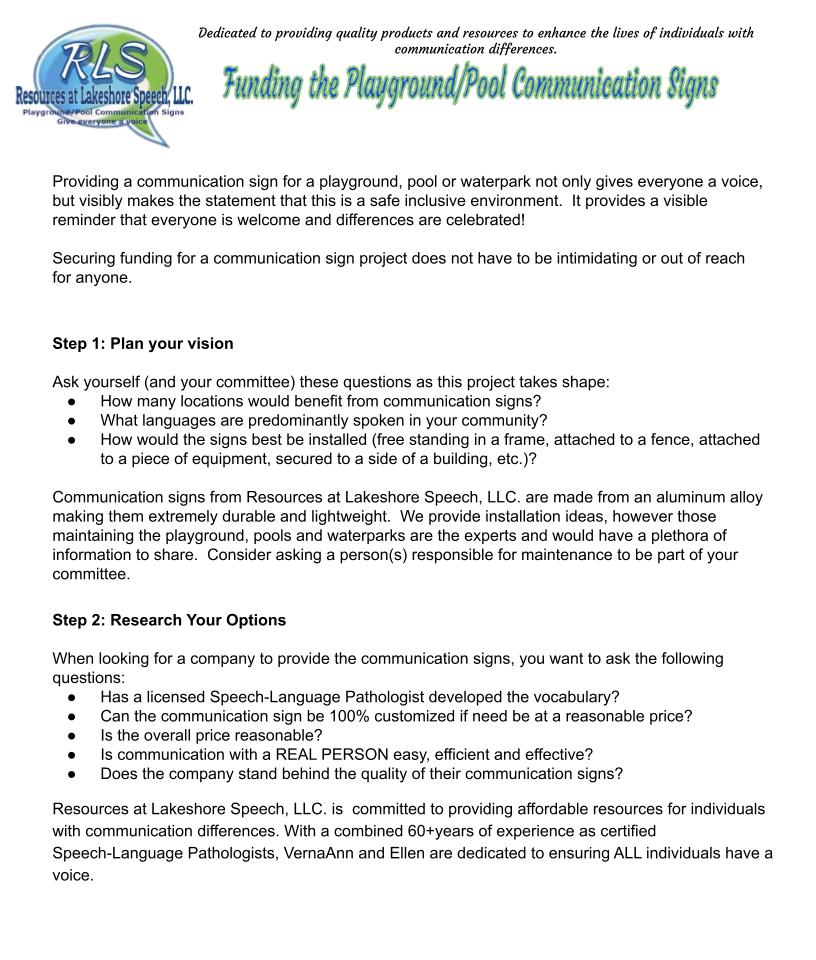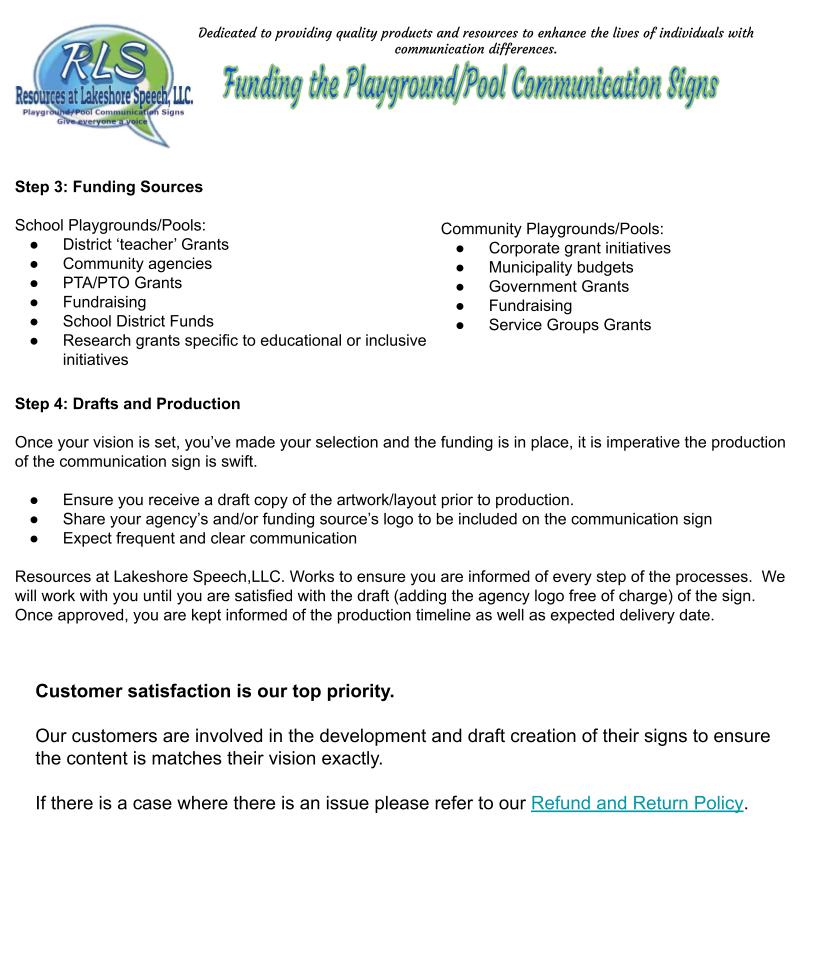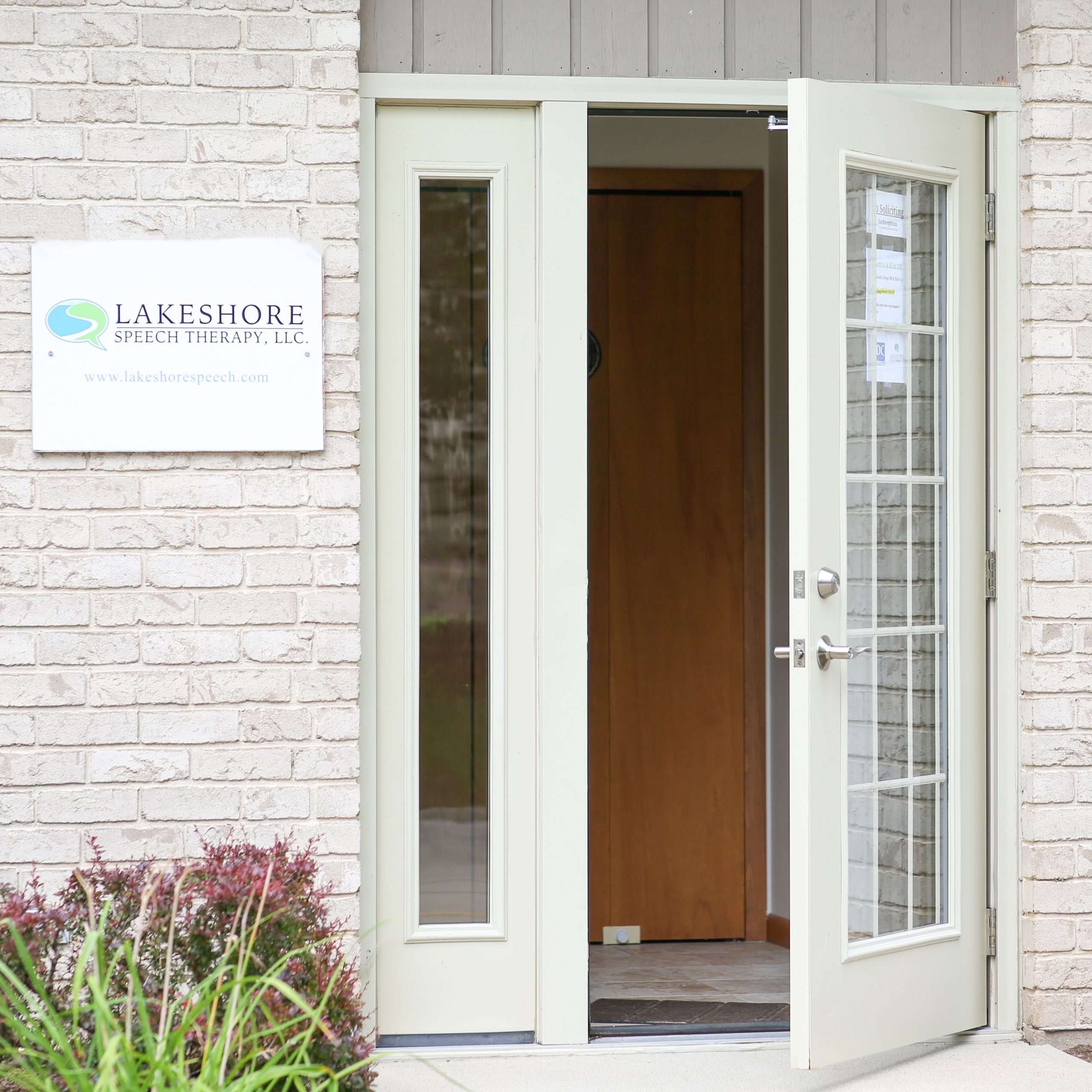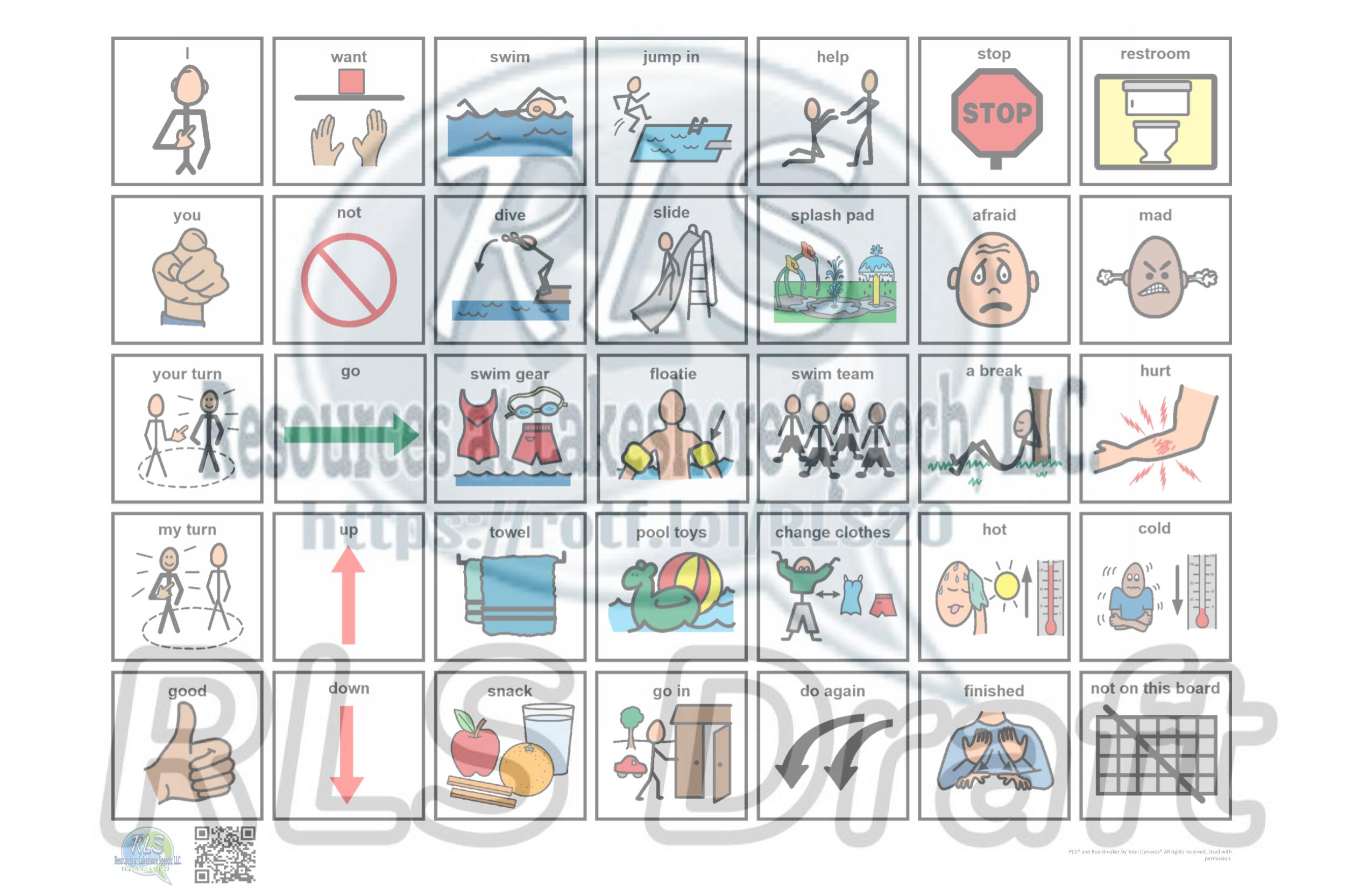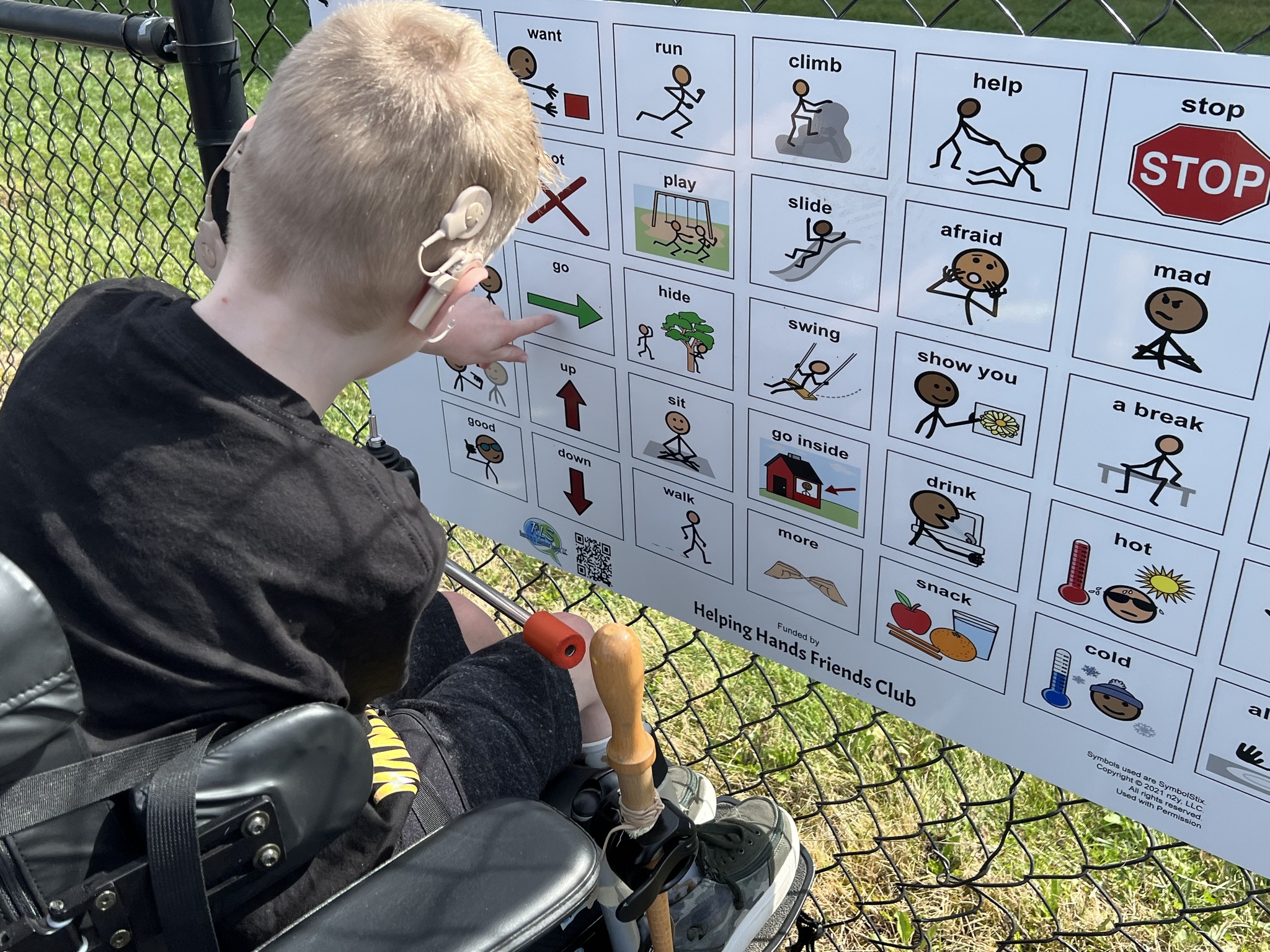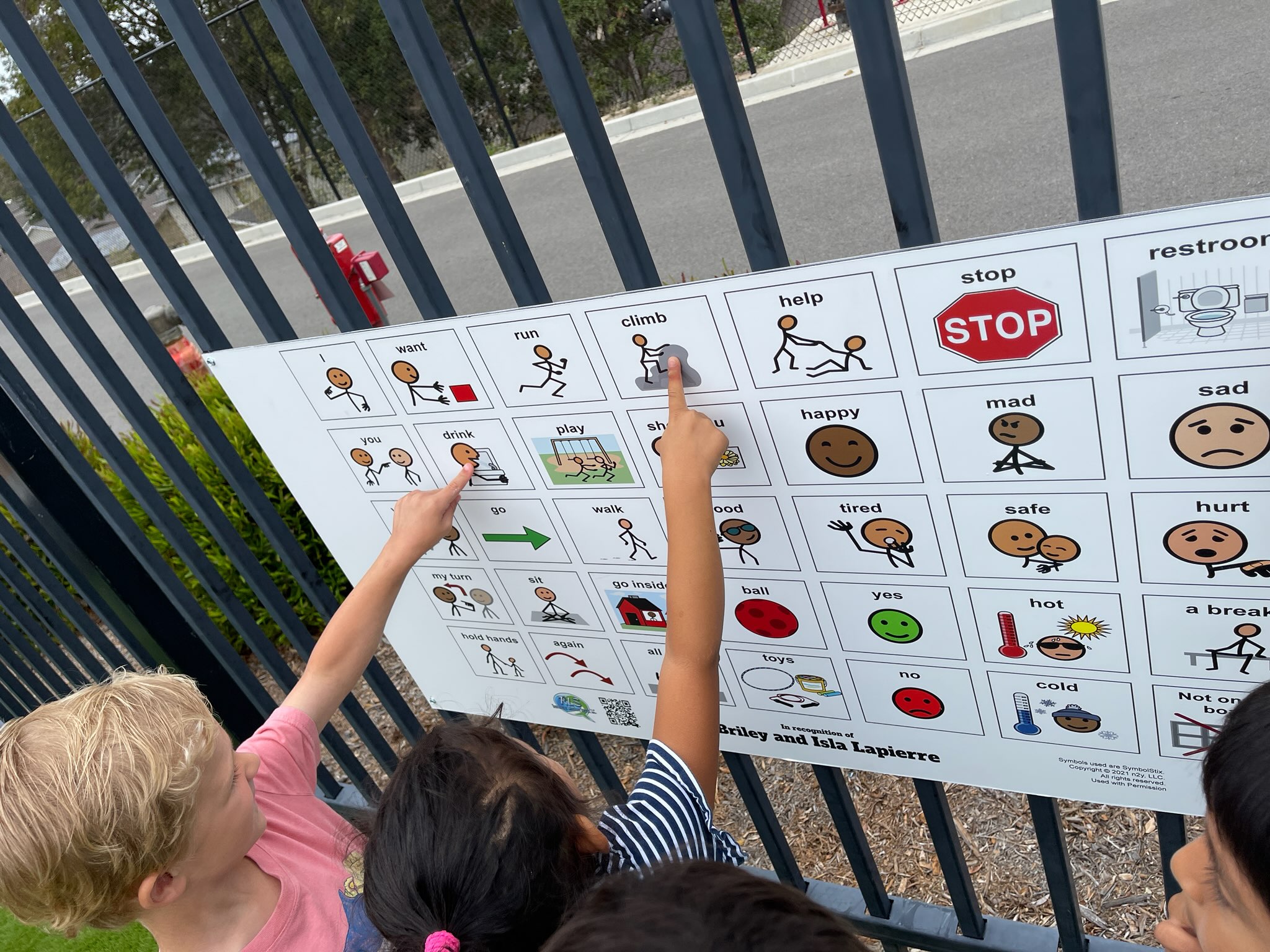‘Twas days before Christmas
And all thru the place,
Anticipation was brewing
Behaviors a disgrace.
Young and old are excited
Let’s celebrate – oh Joy!
Use your expected social skills
For every girl and boy.
With gifts a plenty
Don’t forget the magic word,
For friends and family,
“Thank you” must be heard.
All the smells and sounds
For many is bliss,
Yet other lament
“I can do without this!”
Have a plan in place
Creating comfort abound,
Makes for a season
Of happiness all ‘round.
Happy Holidays to all
The message to you each,
Tidings of joy to everyone
From Lakeshore Speech!






AAC Alternative communication Autism behavior communication developmental delay Down Syndrome expressive language deficit getting ready for holidays language receptive language sensory sensitive social skills social stories special ed special education special needs speech speech language delay support for special needs visual cues
